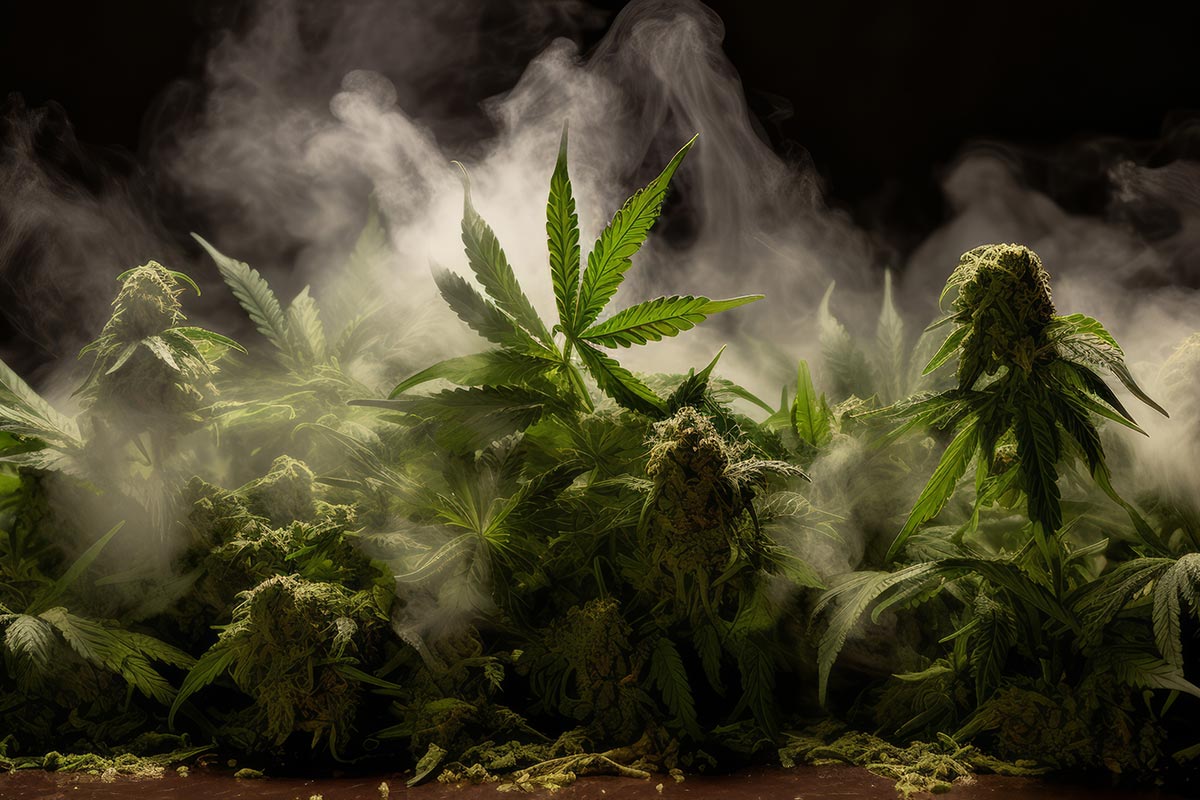In the last few years, Alabama, like much of the country, has legalized hemp. Marijuana, however, remains illegal under Alabama law.
Hemp and marijuana are the same plant: Cannabis sativa L. Legally, the difference in the two products depends on the level of delta-9 tetrahydrocannabinol or delta 9 THC. Alabama law defines hemp contains “a delta-9 tetrahydrocannabinol concentration of not more than 0.3 percent on a dry weight basis.” § 2-8-381(4), Ala. Code 1975. Marijuana is defined as all parts of Cannabis sativa L. except “hemp as defined in Section 2-8-381.” This means that Cannabis sativa L. with a delta-9 THC concentration of less than .3% is legal and anything .3% or above is illegal.
The legalization of hemp has created a Fourth Amendment issue regarding probable cause. The smell of marijuana has long been held to establish probable cause to search a place or person. Adams v. State, 815 So. 2d 578, 581 (Ala. 2001). The question that arose was whether the smell of marijuana still provided probable cause after the legalization of hemp.
In Bain, the Alabama Court of Criminal Appeals held that it does. The Court focused its analysis on its previous decisions that probable cause only requires a probability “that certain items may be contraband.”—”not even that something is more likely true than false.” The Court also relied on what some States have previously said regarding hemp and marijuana.
The problem with this approach is that it appears to be in conflict with the original case from the United States Supreme Court case on the whether probable cause can be established by the smell of an illegal substance. In Johnson v. United States, 333 U.S. 10 (1948), the Supreme Court held that an odor can be the basis of probable cause when the officer “is qualified to know the odor” and the odor “is one sufficiently distinctive to identify a forbidden substance.” Id. at 13. This means that if a substance gives off a distinctive smell that can be used to identify it as an illegal substance, then that distinctive smell can the basis of probable cause. The Court of Criminal Appeals’ decision in Bain seems problematic because hemp and marijuana are the same plant and smell the same. Therefore, the smell is no longer distinctively that of an illegal substance. It is the smell of a legal substance and an illegal substance.
Although Bain appears to be in conflict with Johnson, Bain is the law in Alabama. This means that when an officer believes they smell marijuana, they have probable cause to conduct a search for marijuana. Even if no marijuana is found but other problematic things are discovered, it will be hard to overcome probable cause for the search unless other problematic circumstances exist.

